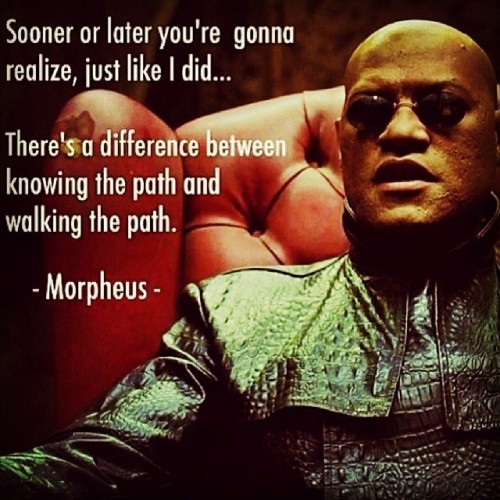You cannot cast the correct actress if you don't know how to visually identify someone with this disability. So do your research first.
And make sure that the character description that the actors receive gives them enough info to be able to make choices.
Another idea is a technical advisor. Find a specialist or nurse trained in this area to hire for half a day. Have them sit through the auditions and take notes, possibly a pre-prepared survey.
If I were casting the role I would make sure to do all the above things. Lengthy research to make sure you are not misrepresenting the disability. This research will mean your character profile is in depth. If you found some really useful source during your research stage, make sure to provide a link to it in the casting call. The actors will do their own research, but if you share your findings it will make sure you are on the same page. Having a technical advisor to support your research and casting will also help massively. They could even be useful for script editing and production.
On top of the advice already given, I would look into the possibility of casting someone with a manageable mental health problem. This of course depends on what sort of mental health issue you are dealing with. For example, if it is severe depression, look for actors who have suffered with depression in the past, or are still suffering with more manageable depression. If it is a severe learning disability, consider casting someone with a mild learning disability. If it is severe bi-polar, look for an actor who safely manages their bi-polar. Etc.
Some filmmakers might worry that casting an actor with a mental health problem risks being exploitative but as long as you've done your research and you have spoken at length with the actor about what you hope to achieve with the film, there is no risk. I would even argue that casting a neuro-typical actor poses a far greater risk - the risk of misrepresenting mental health issues.
If you do end up going with an actor who has or still does suffer from mental health issues, you would of course have to take into account whether or not the acting experience would be triggering for the actor. This would initially be a conversation with the actor about their triggers and about what the project will entail. It would then be an on-going dialogue between the actor and the director.
As far as finding actors with this level of experience, I would start by googling support groups or charities that deal with the mental health issue you are portraying. I would then email them all; explaining who you are, what the film is about, if they have any advice for you and if they know any actors or people that may be interested. Even if they cant suggest actors, they will provide valuable information about the mental health issue and the people affected by it. If you can find local mental health support communities, ask if you can come along to a meeting. Introduce yourself and explain the project. As long as you are honest (e.g. don't get anyone's hopes up - an audition is only an audition) there may be people at the meeting who want to audition and you might just find a hidden talent.
I have worked in a mental health hospital running art and film based workshops for the patients. As long as you know the nature of the illness you are dealing with and you speak openly and honestly with the actor, you won't have any problems. Some of the most amazing work I've been able to do has been in a mental health setting.





 )
)